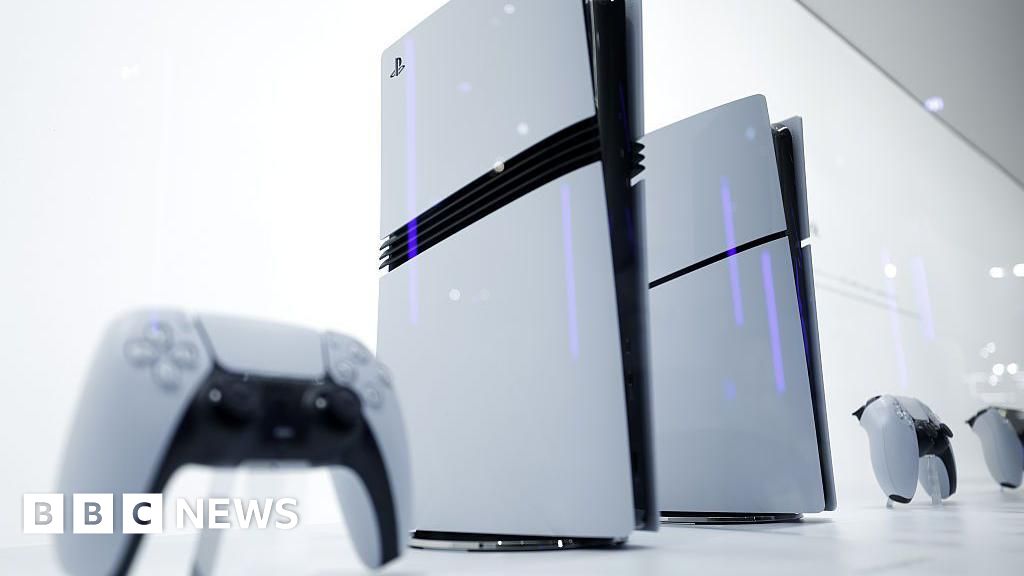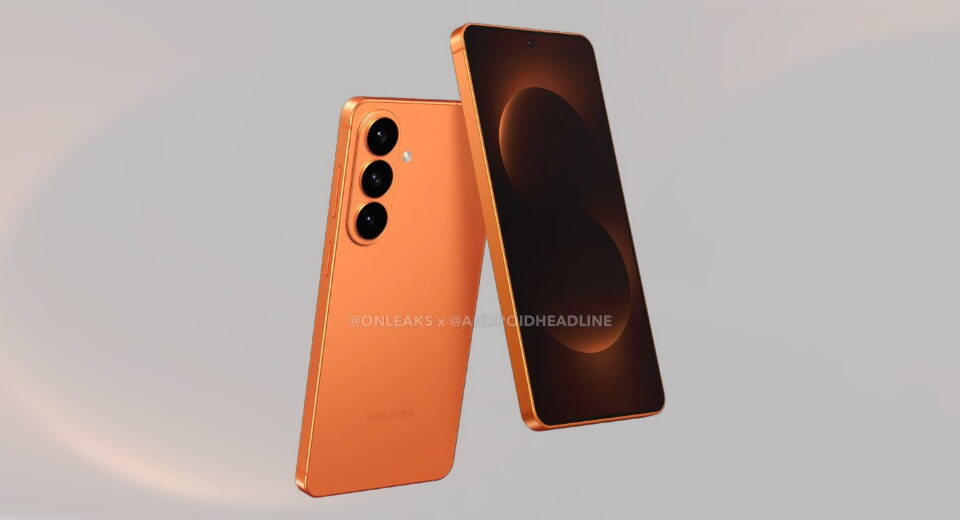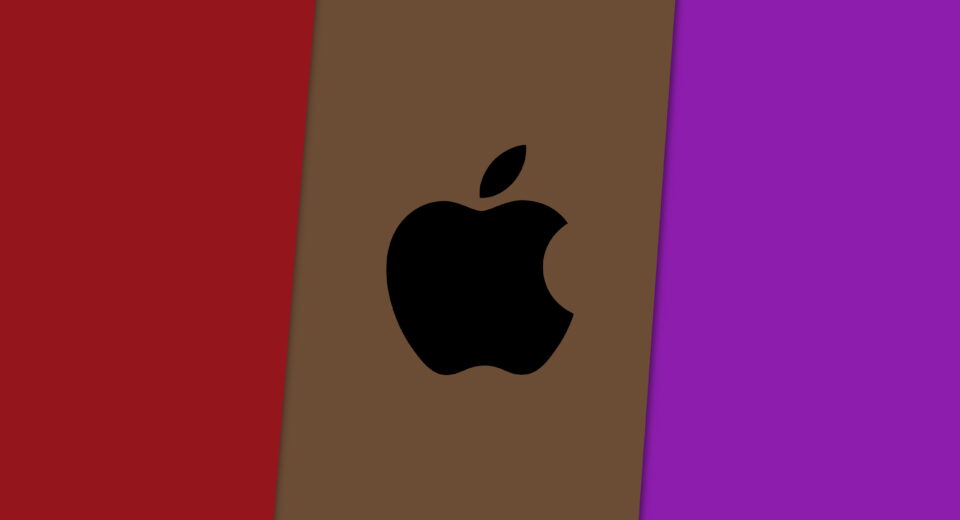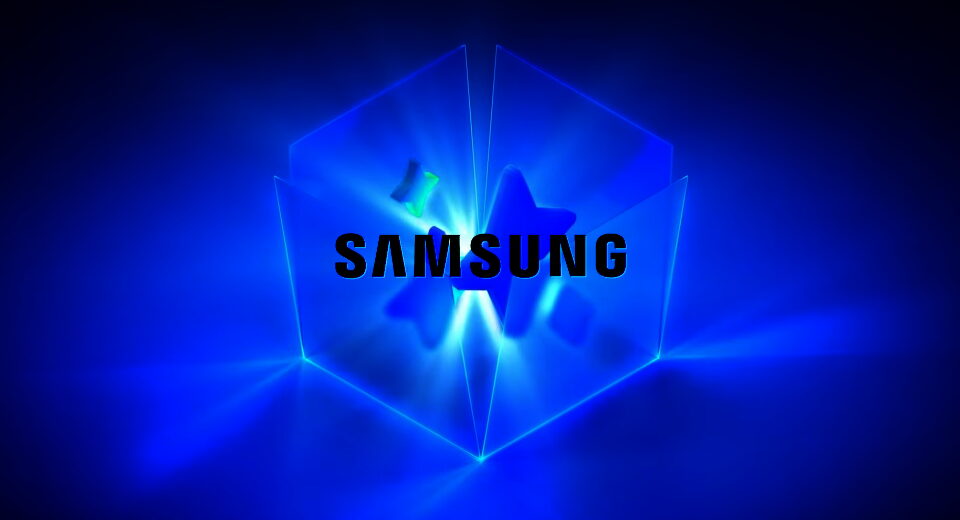What happened to Transmeta, the last big dotcom IPO

What happened to Transmeta, the last big dotcom IPO
Dave Farquhar Retro ComputingTransmeta was the last big IPO of the dotcom era, launching Nov 7, 2000. Some analysts call its $273 million IPO the last successful tech IPO until the Google IPO in 2004. Transmeta didn’t completely fit in to the dotcom era, because they were a hardware company. But they were still a technology company, and if their plans had gone well, they would have sold their product to dotcoms, but it didn’t work out that way for them. In this blog post we explore what happened to Transmeta.
Was Transmeta truly the last of the dotcoms?

I’ve heard Transmeta called the last successful IPO of the dotcom era, or the last of the big dotcom IPOs. But it’s an oversimplification to say there weren’t any successful technology IPOs between Transmeta and Google. One very notable exception is Paypal, who ran an IPO in February 2002 that raised $70.2 million. The Register even hailed Paypal as the return of the Internet IPO.
And it wasn’t just that dotcom IPOs grew scarce after November 2000. On February 7, 2002, Forbes stated that only 34 IPOs in total launched between September 11, 2001 and February 6, 2002, compared to 87 in the same-year-earlier period, and 240 between September 11, 1999 and February 6, 2000. That date is significant. Any bad news can spook investors, and the 9/11 attack did, in fact, spook investors.
So where the dotcom-era ended is a fuzzy line, but it makes sense to draw the line at Transmeta. Technology IPOs and particularly Internet IPOs became much more scarce after Transmeta, and the size of the IPOs shrunk too. The distinction of Transmeta being a technology stock, rather than an Internet stock, also suggests investors were already cooling on Internet stocks by November 2000.
What was Transmeta?
Transmeta was a CPU company. But they may be better known for their most famous employee than for any of their products. When Linus Torvalds completed his degree, there was a great deal of speculation where he would take his day job. Transmeta was not the place most technologists expected him to land. But it allowed him to continue his work on the Linux kernel while staying close to a key part of the hardware, the CPU.
In the year 2000, the CPU wars were cooling down. A few years earlier, there had been four companies not named Intel producing Socket 7 CPUs. But only two of them survived to compete in the next generation, and only AMD was able to compete at anything other than the entry level. And even though the Cyrix name survived, it was the competing IDT technology under the hood.
How its CPUs worked
Transmeta wanted to take a different approach. They were going to produce an x86 compatible CPU, but they were going to use a translation layer to do it. They would design a very efficient CPU, and in theory, they could place any translation layer in front of it that they wanted. Emulating PowerPC or ARM would have been possible if they saw the need to do it. But the popular yet inefficient x86 architecture was a more inviting target.
AMD was doing something similar, essentially translating x86 instructions into RISC instructions for efficiency, but they did it in hardware rather than software like Transmeta did. AMD never had any designs on putting any different translation layer in front of it.
Transmeta did ship two CPUs, but weren’t able to reach the same levels of performance AMD and Intel were reaching. Its first CPU, Crusoe, could run at Pentium III-like speeds but was about 30% less efficient, so a 700 MHz Crusoe ran like a 500 MHz Pentium III. Transmeta didn’t have fabrication plants of its own, so IBM handled manufacturing of its first-generation CPUs.
The Transmeta Efficieon, released in 2004, competed with the Pentium 4 but peaked at 1.7 GHz. With the Pentium 4 reaching 2.4 GHz speeds, the Efficieon had trouble competing. And AMD’s release of the Athlon 64 didn’t help matters. Selling 32-bit CPUs in a 64-bit world was going to be tough. TSMC and Fujitsu handled manufacturing for the Efficieon.
Transmeta CPUs saw use in low-power laptops, thin clients, and embedded applications. The Bluecoat web filtering appliance used them for a while. But if you owned a computer at that time, it’s much more likely to have had an AMD or Intel CPU in it. If you used one at work, it was even more likely to have an AMD or Intel CPU in it.
What happened to Transmeta
Even though Transmeta was the last big dotcom era IPO, they were not among the survivors. Torvalds resigned from Transmeta in June 2003.
What happened to Transmeta was that in 2005, Transmeta shifted to licensing intellectual property rather than selling CPUs. And in January 2009, Transmeta sold itself to Novafora, who in turn sold the patent portfolio to Intellectual Ventures, a private equity company. Novafora ceased operations in August 2009, just seven months later. Intellectual Ventures licenses the Transmeta intellectual property to other companies on a non-exclusive basis. Transmeta ended up being more like Netscape or VA Linux than Red Hat.
Today, Transmeta hardware is rare enough to be interesting as a collectible. But there aren’t a lot of people nostalgic for it, and that probably keeps prices low.
 Dave Farquhar
Dave FarquharDavid Farquhar is a computer security professional, entrepreneur, and author. He has written professionally about computers since 1991, so he was writing about retro computers when they were still new. He has been working in IT professionally since 1994 and has specialized in vulnerability management since 2013. He holds Security+ and CISSP certifications. Today he blogs five times a week, mostly about retro computers and retro gaming covering the time period from 1975 to 2000.
What's Your Reaction?
 Like
0
Like
0
 Dislike
0
Dislike
0
 Love
0
Love
0
 Funny
0
Funny
0
 Angry
0
Angry
0
 Sad
0
Sad
0
 Wow
0
Wow
0







































